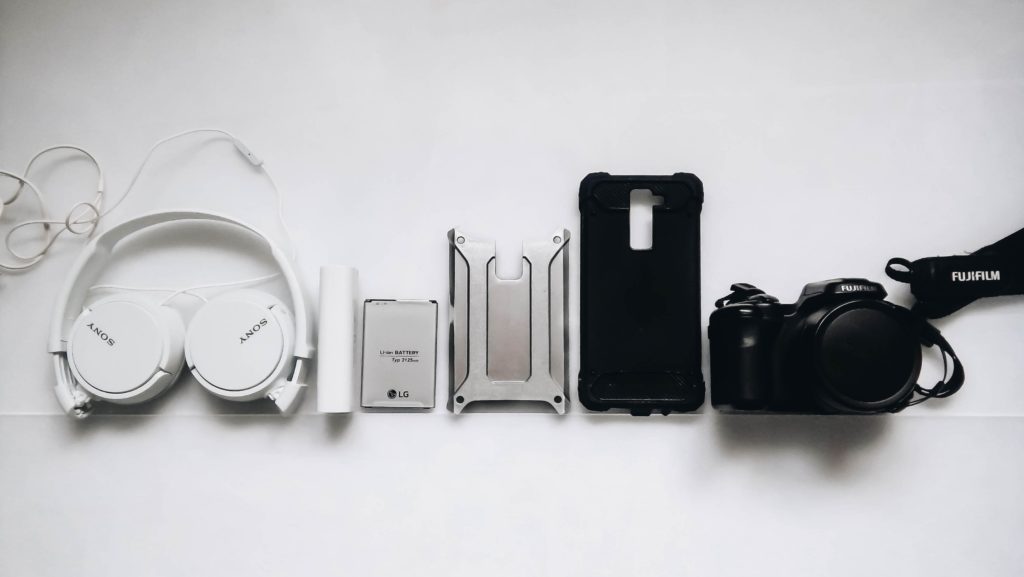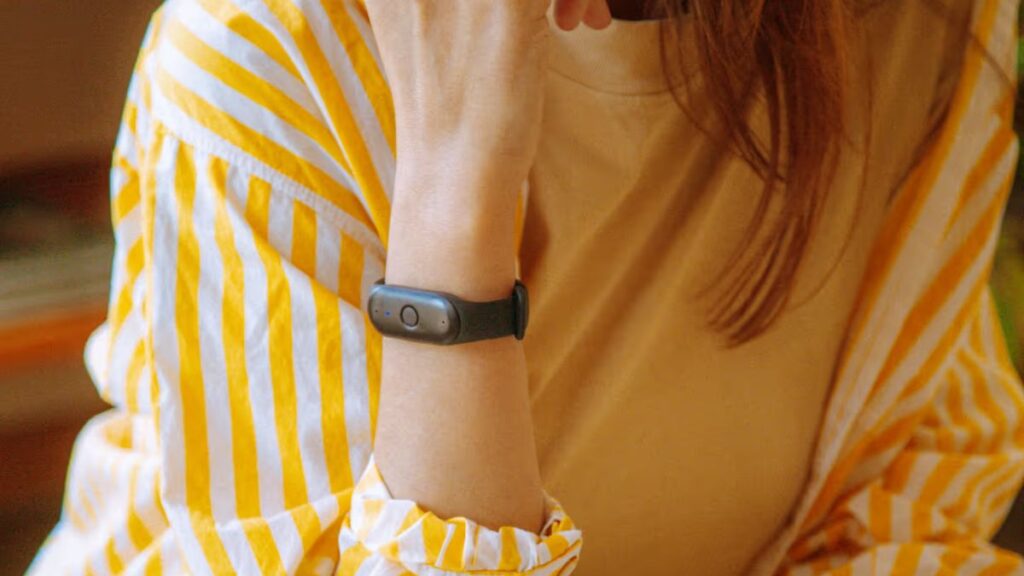Since April 2020, first-time downloads of the top twenty mental health apps hit four million in the U.S only, an increase of 29% from 3.1 million in January, according to a report by CNBC. Everyone experiences stress due to work, relationship issues, health, studies, politics, and even climate change. Fortunately, managing daily stressors and leading a healthy lifestyle is possible. And one way to achieve the best results is by using technology. If you’re like many people, you’re probably asking, does tech aid or inhibit self-improvement efforts? The truth is technology does make life easier, and it alleviates stress. However, you must be careful not to be too connected to avoid situations and people that increase your stress levels. Below are the 3 best tech advancements to help you de-stress.
Artificial Intelligence
When people hear about artificial intelligence, especially at work, the first thing they assume AI will do is robotize the workspace. However, AI-enabled systems are doing the opposite by making the work environment human and reducing stress levels. For example, AI-driven messaging interfaces and chatbots in customer support help reduce repetitive tasks. As a result, workers can improve their emotional intelligence and creative skills without worrying about workloads. There are also AI-enabled therapeutic chatbots available like Wysa, Pacifica, Moodkit, and Woebot. These chatbots analyze one’s thoughts and mood by asking questions directly. The bots then help the user re-assess and change thought patterns, behaviors, and emotions using CBT methods to relieve stress.
Wearable Technology
The primary function of wearables is to detect stress and provide coping techniques, but the new versions are doing more than that. For instance, Apple Watch Series 6 is rumored to monitor anxiety levels and detect panic attacks. Wearables are also providing insights into the stresses your body experiences during workouts. That way, you can have a clear understanding of the strain you’re putting on your body and how it could affect your future exercise sessions. While smartwatches are the most popular wearables, there are other types of wearables to give your partners if they feel stressed out. You may want to try out the Muse headset, which detects stress by tracking brain activities. Alternatively, you can give your partner the Spire Stone, which is worn on the waistband, to monitor stress patterns based on activity, location, and time of the day.
Virtual Reality
Virtual reality for stress reduction is an emerging technology that generates relaxing scenes that feel more real than those you try to recreate using memories and imaginations. The environment provided by VR offers vivid experiences of relaxation that aid in reducing stress levels and anxiety. Virtual reality presents settings based on content linked to classical relaxation methods such as yoga, muscle relaxation, and meditation. As a result, you feel calm once you immerse yourself in virtual reality surroundings.
Stress is something everyone encounters daily because of personal or work-related issues. But, thanks to technological advances, you can manage daily stressors effectively and lead a happy life. With wearables like smartwatches and headset, AI-enabled therapeutic chatbots, and virtual reality technology, you can detect stress triggers based on activity, time of day, and location. These tech advancements also help you modify your thoughts and emotions to reduce stress levels.




Comments are closed.